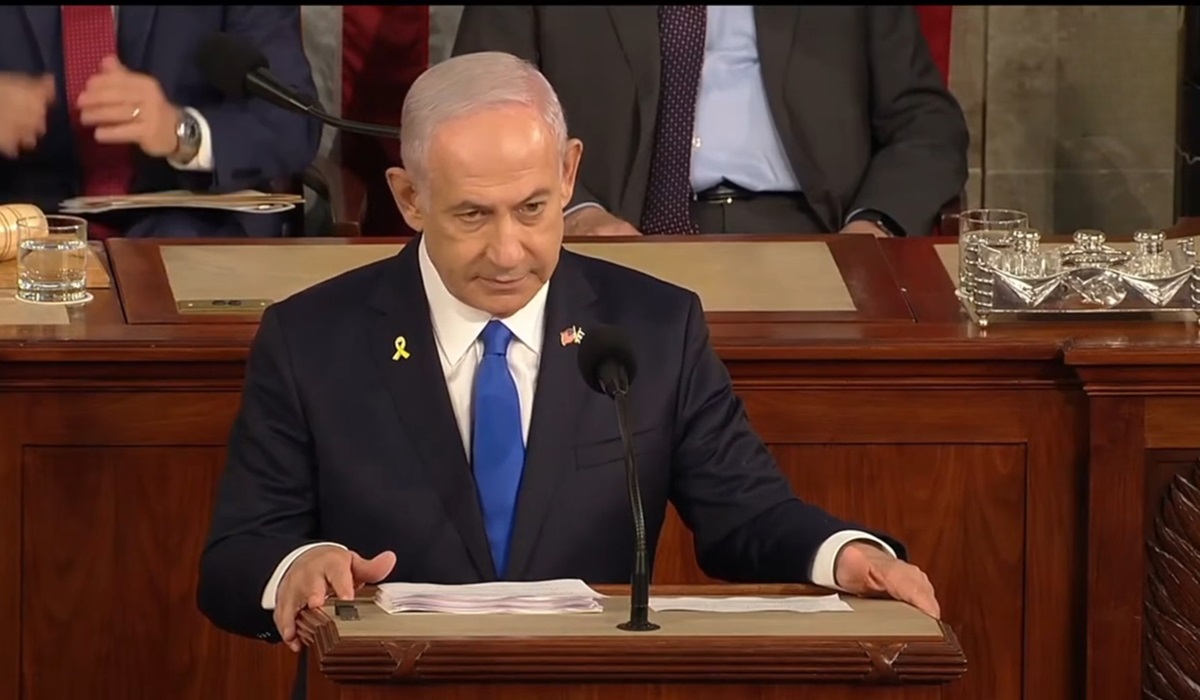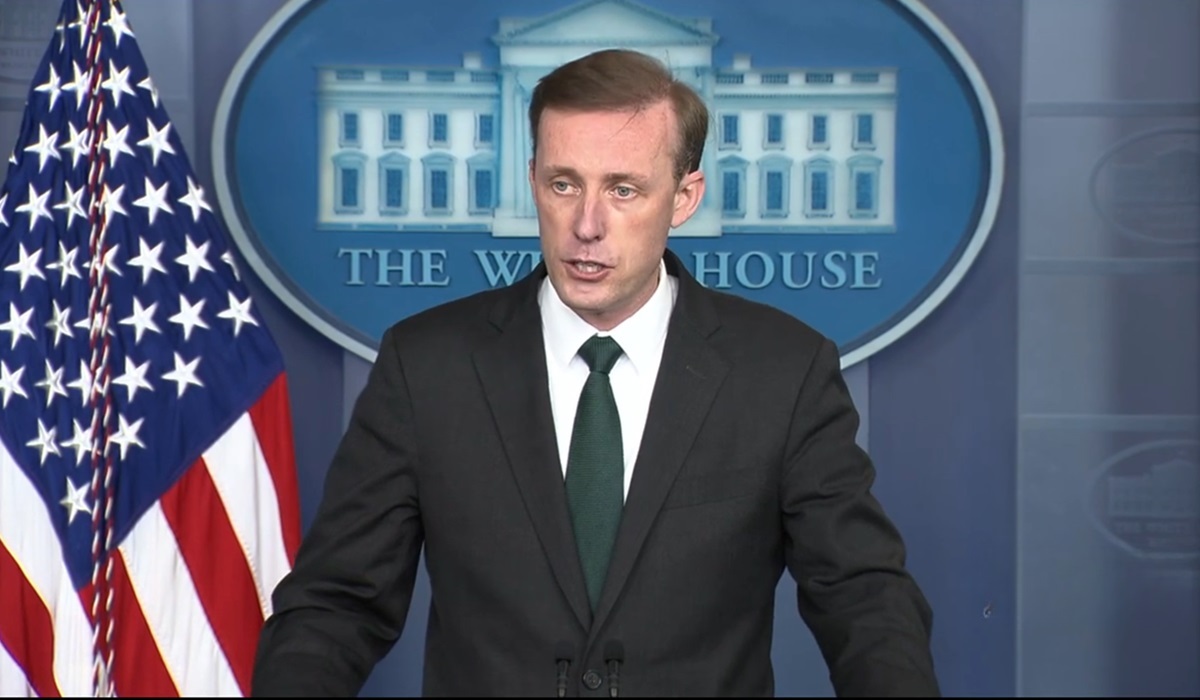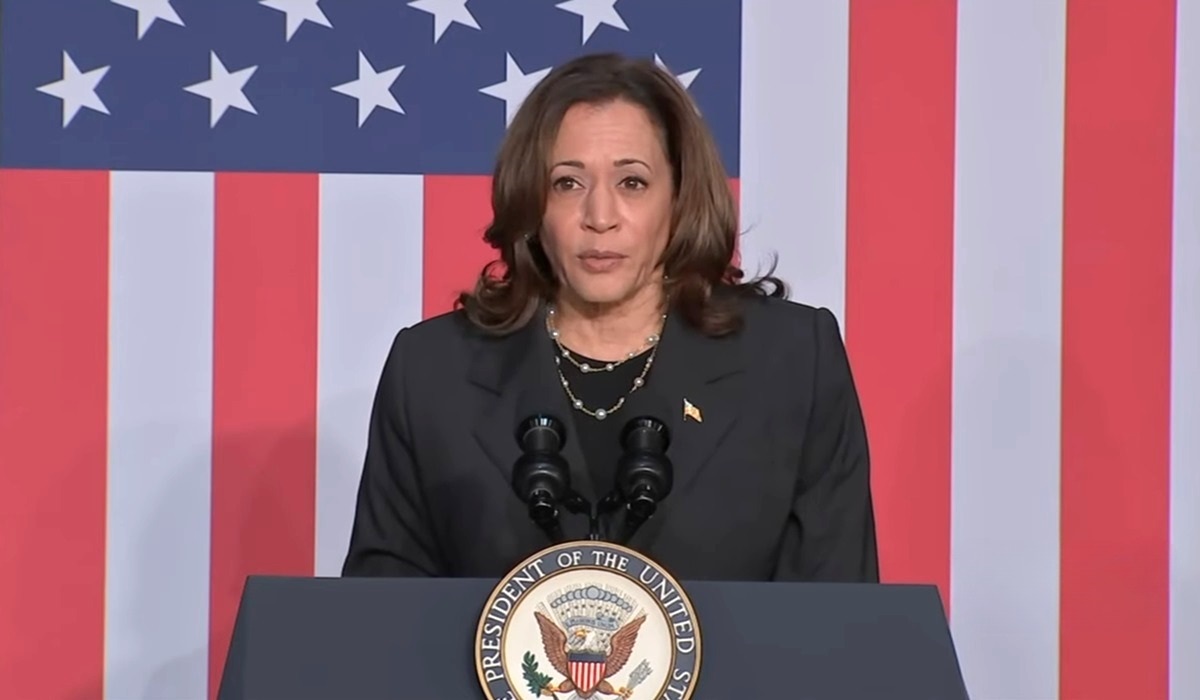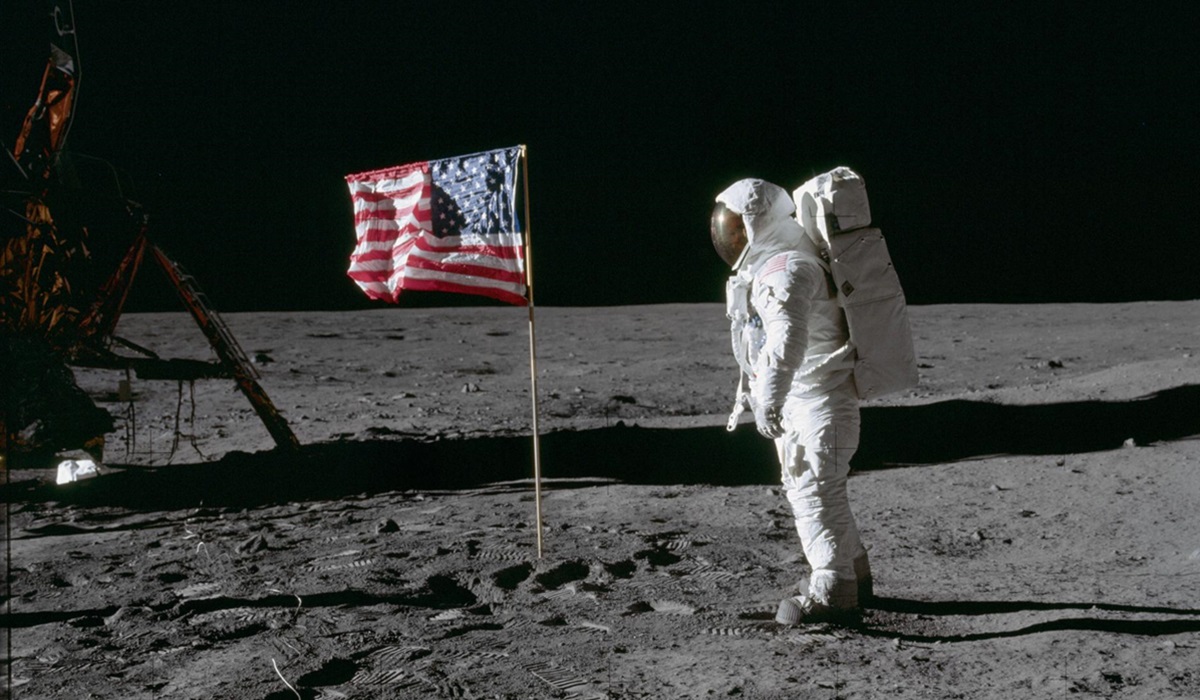US Revokes Licenses for Chip Supply to Huawei: American Semiconductor Companies at Risk
- Ai Mei
- Technology
- U.S.A
- May 8, 2024

Image Credit, Gerd Altmann
In a significant move, the United States government has announced the revocation of licenses for the supply of chips to China’s tech giant Huawei. This decision, seen as a measure of hegemony and protectionism, has sparked concerns about its implications for global trade and technological competition.
At its core, this decision not only affects Huawei but also hurts American semiconductor companies. Moreover, the US government is reportedly pressuring its European allies to follow suit, further exacerbating the rift in global trade relations.
By sanctioning or alienating the world’s second-largest economy from accessing US semiconductor technology, the US risks creating a void in the market. China, in response, has demonstrated its self-reliance by showcasing its own foundries and producing chips like the Kirin 9000 series.
The ramifications of this move are multifaceted. Firstly, it begs the question of who will fill the gap left by the absence of US chip exports to China. Secondly, if China reciprocates by cutting off all imports of electronic components, the blame game intensifies.
China’s ability to sustain itself without relying on US chips underscores a shifting global landscape where traditional power dynamics are being challenged. This move by the US could have significant consequences, not only for its own economy but also for the global economic order.
Critics argue that the Biden administration is receiving flawed advice, potentially harming American corporations and jeopardizing the country’s economic stability. With the US economy burdened by trillions of dollars in debt, any misstep could lead to dire consequences.
Furthermore, the erosion of the US dollar’s status as the world’s reserve currency is a cause for concern. As countries explore alternatives for trade settlement, the US risks losing its position of economic leadership.
The question remains: when will the Biden administration heed the wake-up call? With each sanction imposed and each ally pressured, the US inches closer to alienating its largest trading partner and damaging its own economic interests. It’s time for a reevaluation of policies to ensure a more constructive approach to global trade and cooperation.








